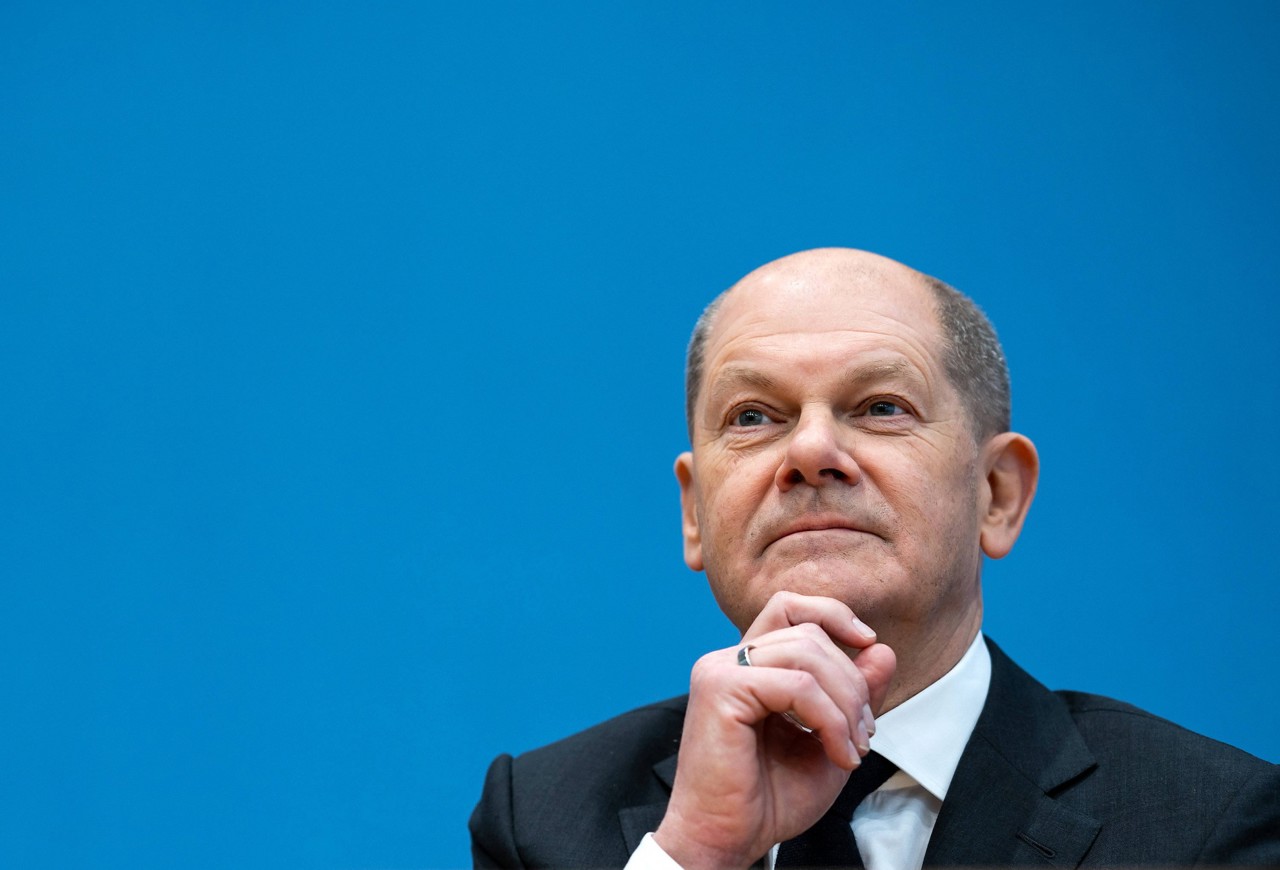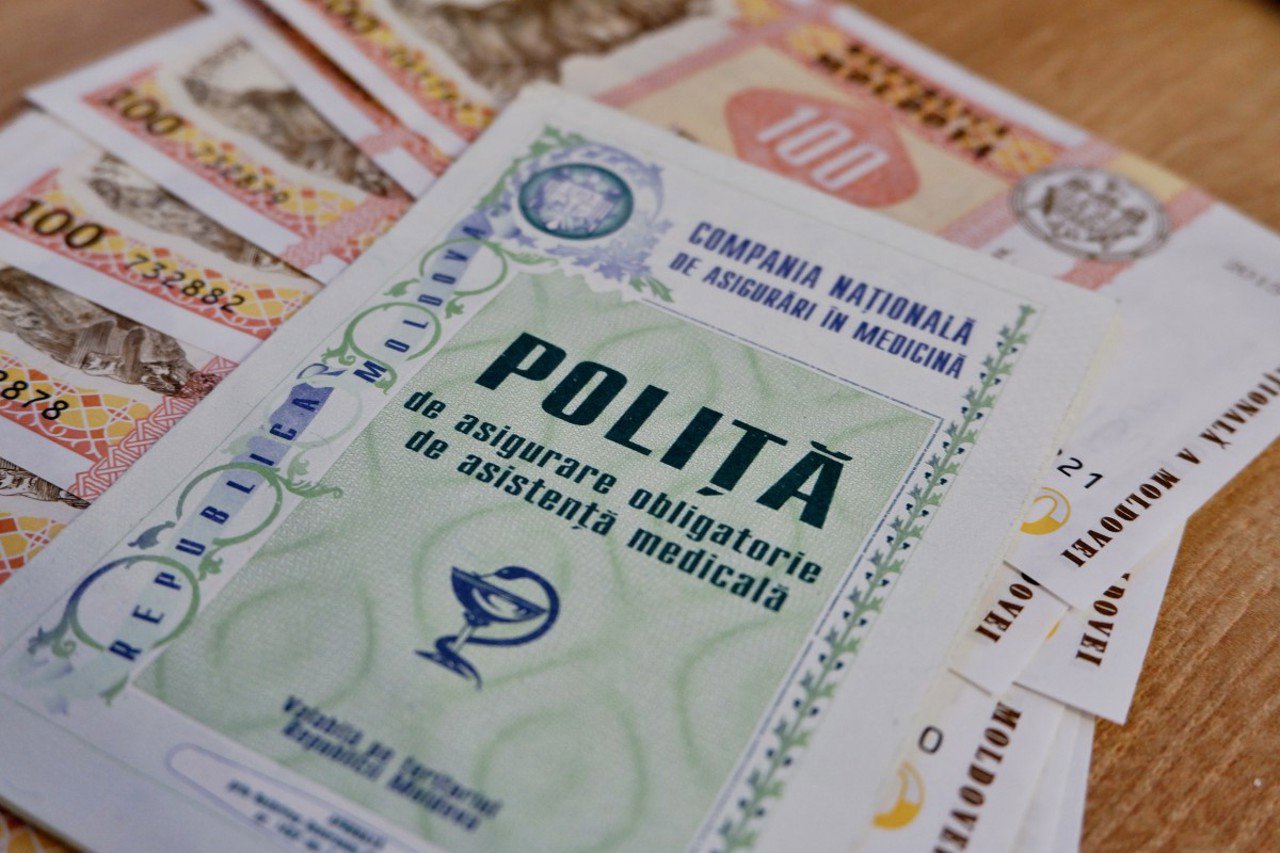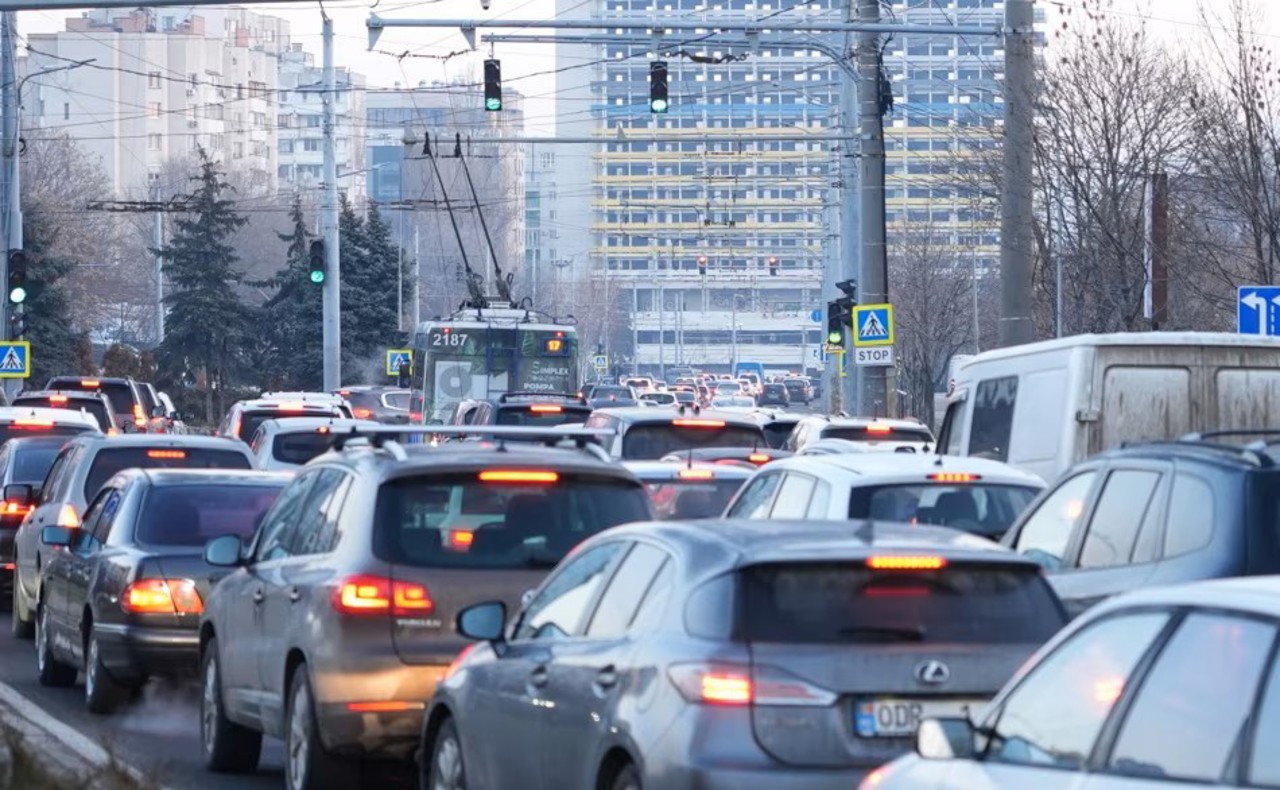Moldova and Georgia added to Germany's safe country list
Germany's governing coalition on Wednesday added Moldova and Georgia to its list of safe countries of origin, a move aimed at reducing the number of asylum applications from those countries, which are almost always rejected, Agerpres cites Reuters.

The cabinet approved a bill from Interior Minister Nancy Faeser as part of a series of measures agreed at a two-day cabinet meeting at Schloss Meseberg, a castle outside Berlin.
The move means that asylum applications from those countries could be processed more quickly and could lead to faster deportations for rejected applicants.
According to ministry data, 99.9% of applications from both countries were rejected in 2022 and the first half of 2023.
Together, they account for more than one-tenth of the total number of rejected applications. About 8,865 people from Georgia and 5,218 people from Moldova applied for asylum in Germany last year.
The ministry defines safe countries of origin as those where there is generally no fear of persecution by the state and where the state protects its citizens.
Chancellor Olaf Scholz's government has been trying this year to make it easier for qualified migrants to obtain German citizenship in an effort to ease the country's chronic labour shortage.
But migration remains a politically charged issue and has fueled the rise of the right-wing Alternative for Germany (AfD) party, which is polling ahead of most traditional parties and is on track to advance in the next elections.
The refugee rights group Pro Asyl criticised the government's decision on Moldova and Georgia, saying it ignores the fact that Russia occupies separatist regions in both countries, threatening security.
Pro Asyl also highlighted what it presented as regressions in the rule of law in Georgia and LGBTIQ+ rights, as well as the problem of press freedom in Moldova.
Georgia has adopted laws against discrimination and hate crimes, but LGBT+ rights groups say there is a lack of adequate protection from law enforcement, and homophobia remains widespread in this socially conservative nation in the South Caucasus.
Translation by Iurie Tataru





